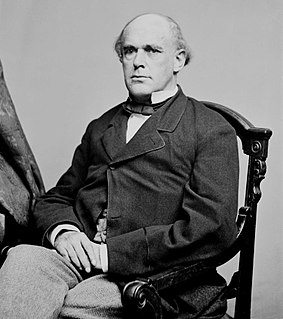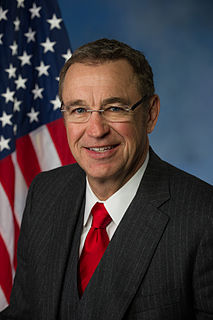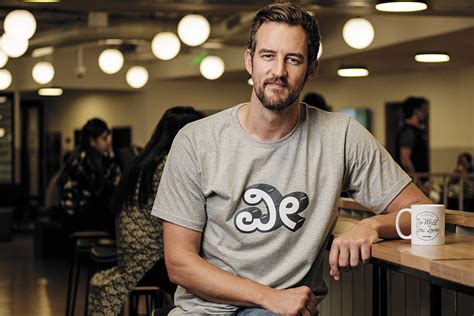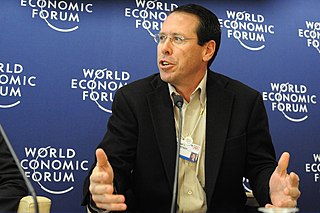A Quote by Christopher Wylie
The idea that we should trust the security of our digital spaces to private companies that have no accountability except to themselves is ridiculous.
Quote Topics
Related Quotes
When the trust is high, you get the trust dividend. Investors invest in brands people trust. Consumers buy more from companies they trust, they spend more with companies they trust, they recommend companies they trust, and they give companies they trust the benefit of the doubt when things go wrong.
Democracy is not about trust; it is about distrust. It is about accountability, exposure, open debate, critical challenge, and popular input and feedback from the citizenry. It is about responsible government. We have to get our fellow Americans to trust their leaders less and themselves more, trust their own questions and suspicions, and their own desire to know what is going on.
Rwanda is a very open and free country. Key to our recovery as a nation has a range of grassroots, citizen-centered polices we call "homegrown solutions." The idea that Rwanda is highly controlled from the center belies the reality, which is that citizens in every village have a powerful say in how things get done. We prize accountability and Rwandans are quickly adapting themselves to the possibilities of a digital economy.
They still have negligent auditing, they still have things going for a walk, and they have no idea where they're coming from and they have no idea where they're going. And if that's the case, how can we as the public trust the NSA with all of our information, with all of our private records, the permanent record of our lives?
They still have negligent auditing, they still have things going for a walk, and they have no idea where they're coming from, and they have no idea where they're going. And if that's the case, how can we, as the public, trust the NSA with all of our information, with all of our private records, the permanent record of our lives?
A tax system is important because of what it can pay for, but also for how it works. When we pay taxes, we expect something back from the state; it strengthens the relationship and accountability between us and our governments. It also pays for what private finance shouldn't: our needs for healthcare, education and social security.
Digital media are biased toward replication and storage. Our digital photos practically upload and post themselves on Facebook, and our most deleted e-mails tend to resurface when we least expect it. Yes, everything you do in the digital realm may as well be broadcast on prime-time television and chiseled on the side of the Parthenon.
Many of the benefits from keeping terrorism fear levels high are obvious. Private corporations suck up massive amounts of Homeland Security cash as long as that fear persists, while government officials in the National Security and Surveillance State can claim unlimited powers and operate with unlimited secrecy and no accountability.

































